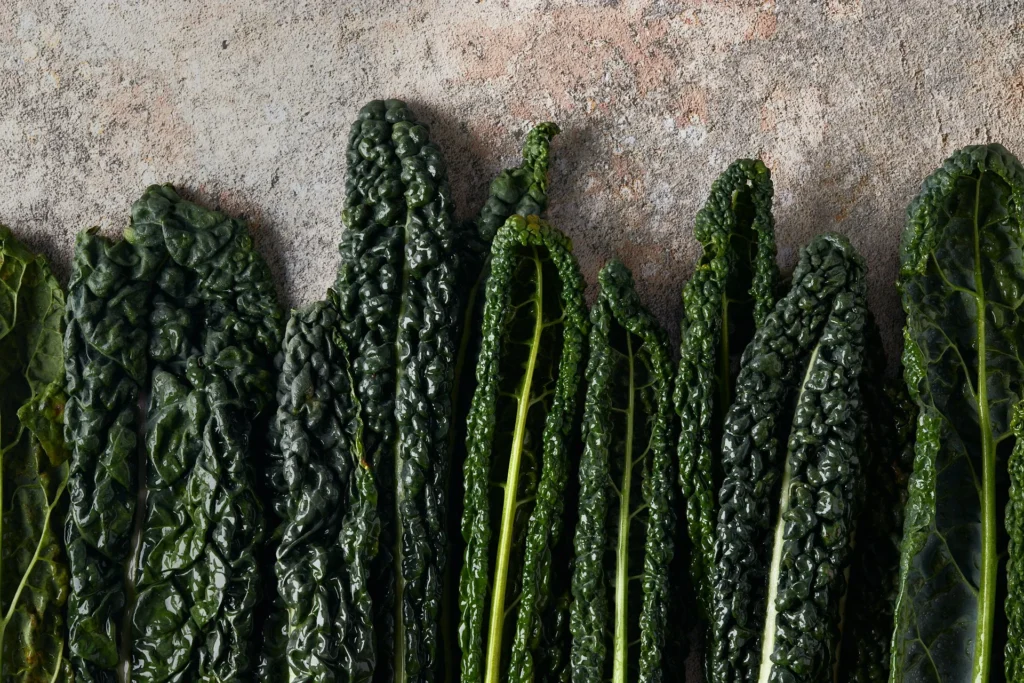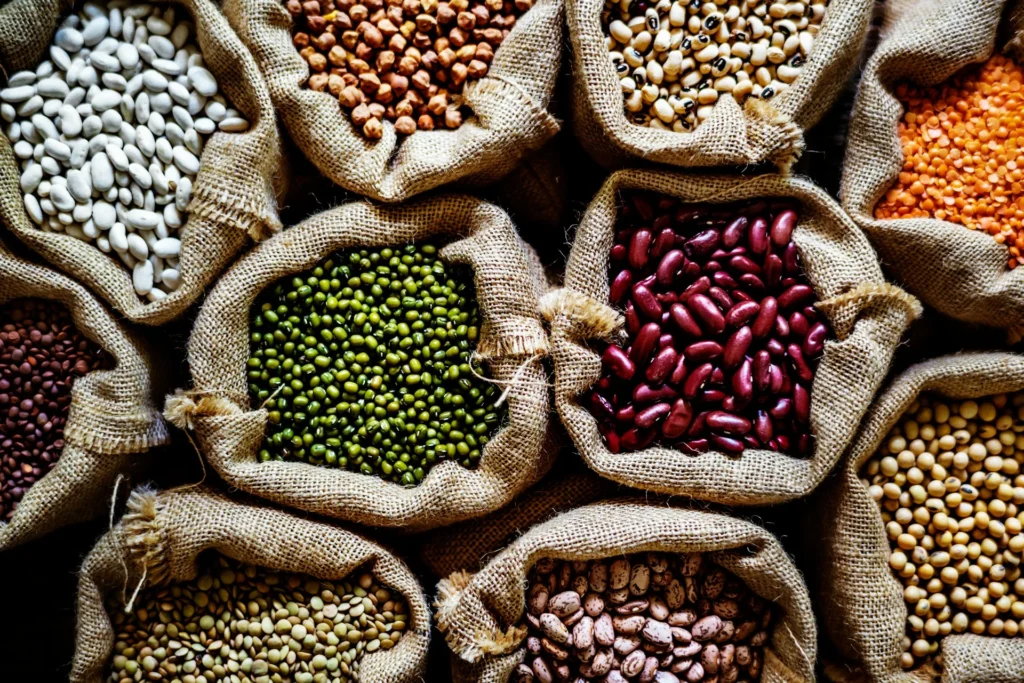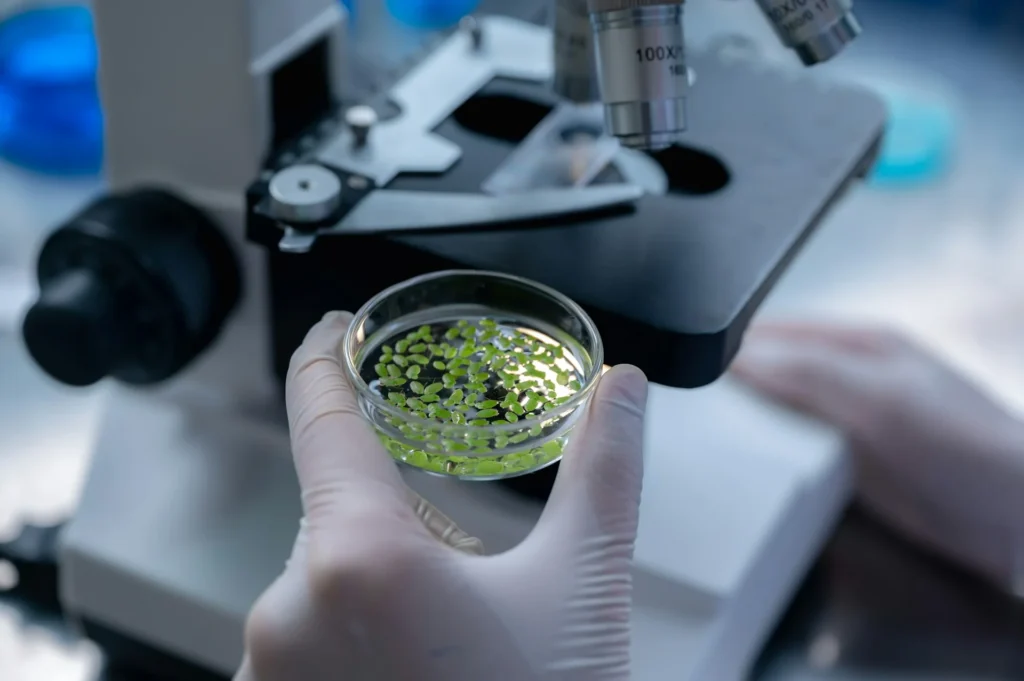In recent years, interest in plant-based diets and plant-based proteins has grown exponentially, both for health reasons and because of environmental and ethical concerns. However, despite the many benefits of these diets, there are still many stereotypes and misconceptions that undermine their credibility.
Some of the most common myths involve the alleged incompleteness of plant proteins, the difficulty of building muscle on a vegan diet, and the idea that plant-based protein foods are less nutritious or difficult to source. In this article, we will dispel the main false myths related to plant-based proteins, showing that they are not only a viable alternative to animal protein, but also offer additional health and environmental sustainability benefits.
Myth 1:
“Plant proteins are not complete”
Raise your hand if you haven’t heard this false myth: “Eh but only animal protein is complete!” This great classic is based on the idea that plant proteins lack certain essential amino acids.
The truth is that in the plant world protein is scattered just about everywhere, clearly in different percentages in different foods. Although some plant sources, taken individually, contain less than the recommended amount of certain essential amino acids, these are nevertheless all present in the plant world. Therefore, a varied and balanced diet, including vegetables, grains, legumes, nuts and seeds, can provide a complete protein profile.
It is not necessary to combine specific foods in the same meal; the important thing is that the overall intake throughout the day is balanced. In addition, some plant foods such as soy, spinach, quinoa, and hemp already contain all the essential amino acids in adequate proportions on their own. Now you understand why Popeye loved spinach so much!
The science is granitic: the Academy of Nutrition and Dietetics (a leading organization of food and nutrition professionals in the United States and the largest in the world) has confirmed that a well-planned vegan diet is nutritionally adequate for all stages of life.
Reference: Academy of Nutrition and Dietetics. Position of the Academy of Nutrition and Dietetics: Vegetarian Diets. Journal of the Academy of Nutrition and Dietetics, 2016;116(12):1970-1980.
Myth 2:
“With plant protein you can’t make muscle”
This is said by those who think you have to eat eggs and steak for breakfast, lunch and dinner to become the Hulk. According to them, only animal protein can be effective for muscle growth and more generally for those who do sports.
Fortunately, the growing number of vegan athletes and bodybuilders are living proof that it is very possible to build muscle on a plant-based diet. Athletes such as Novak Djokovic (tennis player), Patrik Baboumian (strongman), Venus Williams (tennis player) and Kendrick Farris (Olympic weightlifter) are following plant-based diets and achieving excellent results in their sports.
The science is clear that several studies indicate that as long as total protein intake is adequate, plant proteins can effectively support muscle protein synthesis. Therefore, this bias is also easily debunked.
Reference: Van Vliet, S., Burd, N. A., & van Loon, L. J. (2015). The Skeletal Muscle Anabolic Response to Plant- versus Animal-Based Protein Consumption. The Journal of Nutrition, 145(9), 1981–1991.
Myth 3:
“Plant foods are not nutritious”
The idea is that plant proteins are inferior in quality and nutrients to animal proteins.
Plant-based protein foods, in addition to providing protein, offer other benefits such as fiber, vitamins, minerals and phytonutrients with antioxidant and anti-inflammatory properties and minerals not found in animal-based protein foods. Most importantly, they tend to have lower saturated fat content and are cholesterol-free like the latter. This makes them not only nutritious but also beneficial to overall health and may help reduce the risk of cardiovascular disease.
Reference: Satija, A., & Hu, F. B. (2018). Plant-based diets and cardiovascular health. Trends in Cardiovascular Medicine, 28(7), 437–441.
Myth 4:
“These foods cost too much and can’t be found”
There is a common perception that plant-based protein products are more expensive and less affordable. Yet beans, lentils, chickpeas, rice-it sounds like the beginning of a shopping list for an out-of-town student with 10 euros in his pocket, doesn’t it? But whole grains (brown rice, oats, quinoa) and seeds (chia seeds, flax seeds) are also low-cost foods, readily available in local markets as well as supermarkets.
And yes, they are everywhere. Even under your house. And then with the growing demand, now you also find cool things like “chickpea burgers” or “vegan salami.” Go ahead, try saying you’ve never wanted a vegan salami.
Myth 5:
“Plant foods are boring”
Another widespread stereotype is that vegan food lacks flavor and variety. Yes, because clearly a plate of fries and burgers is much more diverse than a bowl full of couscous, avocado, chickpeas, and a thousand spices, right?
Spoiler: plant-based food can be a flavor explosion, a world culinary tour without ever leaving home. The use of spices, herbs, sauces and innovative cooking techniques makes it possible to create dishes that are rich in flavor and very satisfying.
What about variety? There are numerous cookbooks and online resources devoted to plant-based cooking that demonstrate its versatility and richness. Only your imagination is the limit!
Myth 6:
“OK vegetarians, but vegans are moralistic and boring”
Extremists, fanatics, and moralists-these adjectives are often used to describe vegans. But wait a minute-aren’t the ones who keep telling us how strange it is to be vegan the real moralists?
This stereotype is based on unfair generalizations. People adopt a vegan diet for a variety of personal reasons, including ethical concerns for animal welfare, environmental reasons, and health benefits. Most vegans try to live consistently with their values without imposing them on others, preferring to share the reasons for their choice only when requested.
In short, most vegans will not lecture you or tell you anything unless you invite them to a rib barbecue. And even there, they’ll probably bring a salad and mind their own business.
Myth 7:
“Soybeans are destroying the planet!”
Another hoax concerns the environmental impact of growing soybeans and other vegetable products.
It is true that deforestation of the Amazon for soybean cultivation is a significant environmental problem. However, about 77 percent of soybeans produced globally are for animal feed. Choosing a plant-based diet reduces the demand for soybeans for animal feed, helping to decrease pressure on deforestation and promoting more sustainable use of resources.
In short: this is not a false myth butone more reason to switch to a plant-based diet, reducing the impact of this monoculture on the planet.
Reference: Food and Agriculture Organization of the United Nations (FAO). (2013). Food Wastage Footprint: Impacts on Natural Resources.
Myth 8:
“A plant-based diet is not safe for children”
We often hear that a 100% plant-based diet is dangerous for children because it does not provide the essential nutrients needed for healthy growth.
Leading health organizations, such as theAcademy of Nutrition and Dietetics and the British Dietetic Association, state that a well-planned vegan diet is suitable for all stages of the life cycle, including infants, children and adolescents. It is essential that parents inform themselves and, if necessary, consult a dietitian or nutritionist to ensure that their children’s diet is balanced and complete. But this is also true for children who eat an omnivorous diet and have difficulty consuming plant-based proteins: the richness of vegetables, legumes, and grains is essential for growing up beautiful and healthy.
Reference: British Dietetic Association. (2017). British Dietetic Association confirms well-planned vegan diets can support healthy living in people of all ages.
Myth 9:
“Humans are made to be omnivores”
A widespread myth is that humans are “designed” to be omnivores and that a vegan diet is against nature.
However, research on human evolution shows that humans are able to adapt to a variety of diets, and many populations have historically consumed primarily plant foods.
Anthropological and evolutionary research suggests that the early human diet was largely based on plant foods, with meat intake limited by seasonal and geographic availability. Most of humans’ calories came from fruits, roots and vegetables.
This confirms once again that humans can thrive on a plant-based diet.
Reference: Wrangham, R. W., & Conklin-Brittain, N. L. (2003). Cooking as a biological trait. Comparative Biochemistry and Physiology Part A: Molecular & Integrative Physiology, 136(1), 35-46.
Myth 10:
“Plant-based diets destroy local economies”
Some argue that the increase in the vegan population harms local productions, especially those related to meat and dairy products.
In fact, a transition from animal production to agriculture can bring significant economic benefits. Plant-based food production requires fewer resources than livestock farming, allowing more efficient use of land, water and energy. Studies have shown that transitioning to a plant-based food system could feed more people using fewer resources, thereby reducing the environmental costs associated with meat-rich diets.
In the United States, it is estimated that an economy based on a plant-based diet could feed 350 million more people than today and would save billions in health care costs.
Reference: Poore, J., & Nemecek, T. (2018). Reducing food’s environmental impacts through producers and consumers. Science, 360(6392), 987–992.
In conclusion: Long live plant protein!
In summary: Trying green food may seem like a complicated choice if you are influenced by the many stereotypes prevalent in our culture, but it is actually easier than it sounds. You don’t have to be a nutrition ninja: all it takes is a little creativity and everything becomes easier, tastier, and better for the planet. So what are you waiting for? More pasta and lentils, less excuses!







